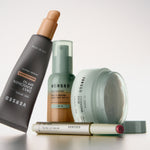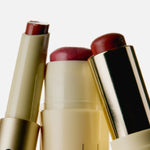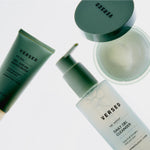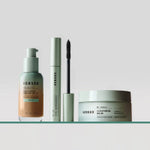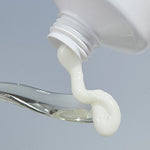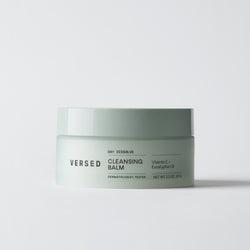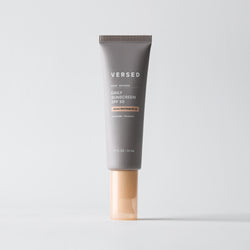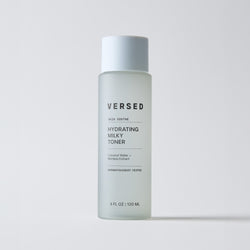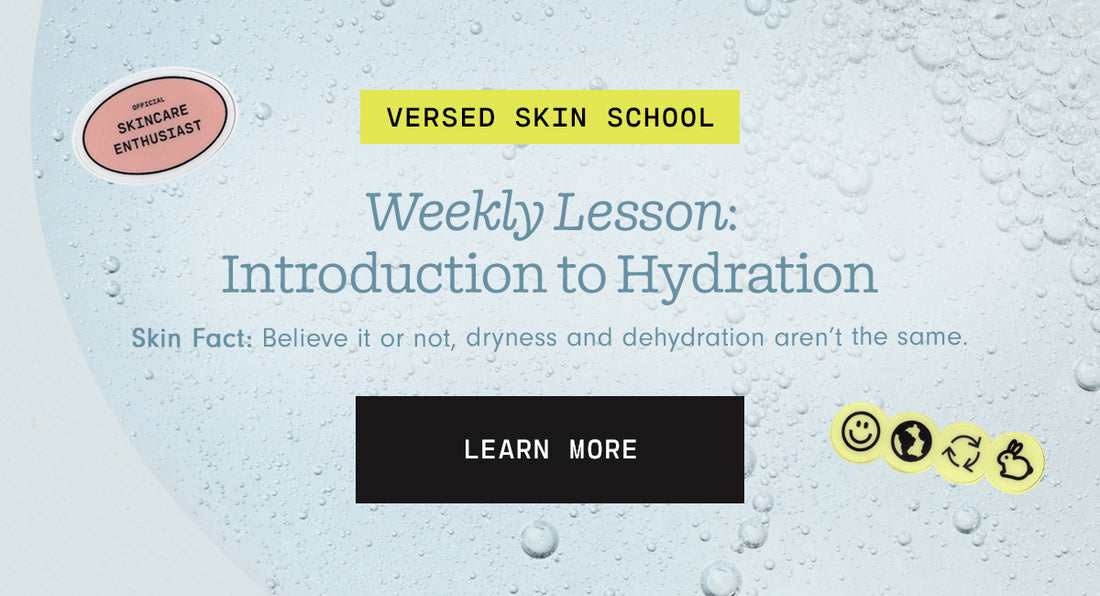It’s easy to assume that the words “dry” and “dehydrated” can be used interchangeably, but when it comes to skincare, they shouldn’t be. Both may result in your skin feeling, well, dry, but are caused by different factors and therefore, require different ingredients and skincare products to help your complexion bounce back. If you’ve ever gotten frustrated because your moisturizer or hydrating serum didn’t seem to be yielding the results you were seeking, it may be due to improperly diagnosing whether your skin is dry or just dehydrated.

What Is Dry Skin?
Like oil-prone or combination skin, dryness is a skin type. Based on genetics, those with dry skin naturally lack enough oil (a.k.a lipids) to keep it feeling smooth and supple, resulting in red, flaky, itchy, ashy skin. Dry skin can extend to all parts of your body, including your scalp, elbows, and hands. Because your body changes as you grow older, skin can start to feel more dry as you age, too. If that's the case, add the Recovery Mode Advanced Night Cream to your routine to combat both parched skin and signs of aging.How to Prevent and Treat Dry Skin
You can't change your skin type, but you can prevent skin from feeling dry with skincare. Use products that contain precisely what your skin is lacking in: Oil. Some of our favorite skin-friendly oils include camellia, cloudberry seed, marula, and jojoba oil. Dry skin will also benefit from squalane (found in our Rich Moisture Cream), which mimics skin's natural oil: sebum.Be on the lookout for the word "emollient", too, which helps restore the skin’s lipid barrier and relieve some of that dryness. The cocoa butter formulated in our Retinol Body Lotion. If you're really parched, consider giving skin slugging a try.
Acne-prone or oily? Don't let oils scare you. If you skip moisturizer or oils in fear of causing breakouts, you could signal the skin to produce even more sebum to make up for that moisture loss. Use a skin-friendly facial oil like Sunday Morning, which won't cause acne, or a non-comedogenic (a.k.a. non-pore-clogging) moisturizer like Dew Point.
What is Dehydrated Skin?
Dehydrated skin, on the other hand, is a skin condition (not a type), meaning it’s treatable and temporary. Fact: You can have an oily skin type, but still experience dehydration. Similar to your body, skin becomes dehydrated when it’s lacking in water.What Causes Dehydrated Skin?
There are several reasons your skin may experience this loss in H2O, causing it to appear dull, rough, and tight:
- Changes in weather
- Indoor heating and cooling systems
- Washing your skin with hot and/or hard water
- Applying products that strip your skin
- Not drinking enough water
How to Treat Dehydrated Skin
Luckily, hydrating skin is a quick fix. Besides drinking your 8 glasses-worth, opt for products that help your skin retain water, such as hyaluronic acid, sodium hyaluronate, aloe leaf juice, and coconut water. If skin is dehydrated and dull, try adding lactic acid to your routine; we recommend The Shortcut Overnight Facial. It's a natural humectant that draws in water, but also gently exfoliates the skin to reveal a brighter, smoother complexion.
Applying an overnight hydrating mask or adding a humidifier to the bedroom can deliver extra hydration while you snooze as well, since your skin experiences severe fluid loss while you’re sleeping.
How to Tell if You Have Dry or Dehydrated Skin
Since dryness and dehydration can feel similar, experts advise taking a “pinch test” to determine which you have. Pinch your cheeks for a few seconds and let go. If your skin immediately bounces back to normal (yet feels flaky), you have dry skin. If it takes a few seconds, even leaving some fine lines, your skin is probably dehydrated. You can always consult a dermatologist or facialist if you’re unsure.
Can You Have Both Dry and Dehydrated Skin?
Yes! You can have a dry skin type and sometimes get dehydrated, too. If that's the case, you'll need to add both oil and water to your routine or apply an ingredient that takes care of both. The hyaluronic acid found in Moisture Maker Hydrating Hyaluronic Serum hydrates and moisturizes skin simultaneously, treating both and helping improve the skin barrier’s own hydrating and moisturizing capabilities over time.
Shop for dehydrated and dry skin below.